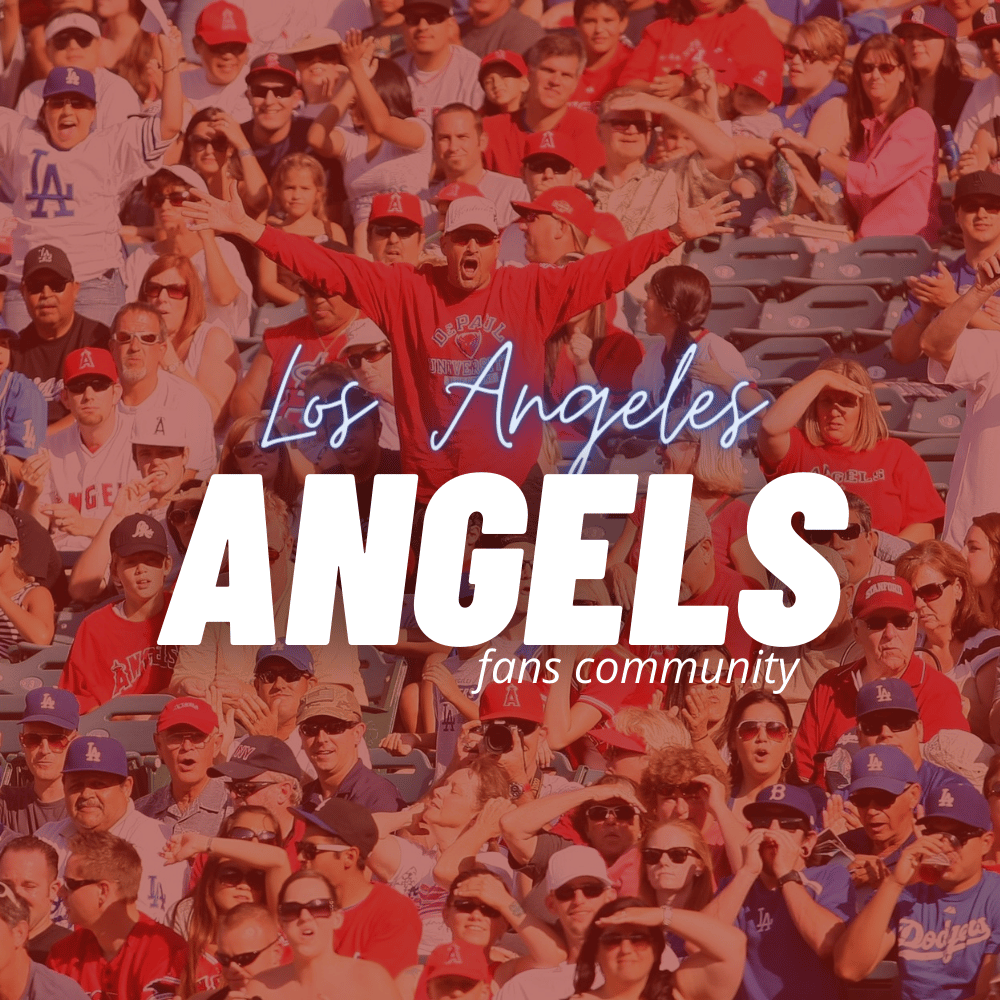Baseball is back! That’s undoubtedly the prevailing sentiment from baseball fans everywhere right now, as spring training kicks off in earnest and the lead-up to the regular season picks up intensity. While the CBA negotiation was agonizingly frustrating to watch unfold, with it the game will be experiencing a horde of changes both on and off the field. Let’s take a look at some of them.

Mary DeCicco/MLB Photos via Getty Images
This is a rule change that personally I hate, but it appears I’m in the minority on that. To me, the National League style of play required significantly more strategy and foresight, while also keeping your bench players more involved. That said, this has felt inevitable for quite some time, and having a DH in the NL leads to significantly more job openings for veterans who can still swing the bat but have trouble playing the field every day.
2 of 15
Expanded Postseason

Lindsey Wasson/Getty Images
Part of the beauty of baseball’s 162 game grind is that the cream always rises to the top, and at the end of six months, you have the very best teams left competing in the postseason. Baseball has always had the longest schedule and the smallest playoffs, which is why I’m not sure how I feel about expanding the postseason. Six teams in each league are surely better than the league’s seven-team proposal, but with it comes complications. For starters, baseball players are creatures of habit, and I’m not sure having the best four teams in the league on a bye in round one is really all that helpful. But let’s wait and see how this goes. At least we’re not to the point where nearly half the league gets in like the other three major sports.
3 of 15
Elimination of Covid rules

Kirk Irwin/Getty Images
This aspect of the CBA is certainly refreshing. Gone from the game are the seven-inning doubleheaders we experienced in each of the past two seasons as a way to minimize the amount of time at the ballpark. Also, the “Manfred” runner on second base in extra innings will become a thing of the past following the 2022 season. Speaking of COVID. At the end of September it was announced that Canada was easing its restrictions and will again allow unvaccinated people across its border without testing or quarantining. This is notable in regards to MLB since the Blue Jays are a threat in the American League, and if they make it to the World Series it could have made things very challenging for some potential National League opponents.
4 of 15
Jacob Nottingham rule

Larry Radloff/Icon Sportswire
Jacob Nottingham is not exactly a household name, but here he is with his very own rule! The catcher/first baseman spent most of last season shuttling back and forth between Seattle and Milwaukee, as one of them would place him on waivers and the other would claim him. A few days later he’d go the other way. Hope he racked up a lot of frequent flyer miles. Moving forward though, the league has made a provision where if a team has claimed a player on waivers already, it cannot do so again unless every other club passes.
5 of 15
Implementation of a draft lottery

Bruce Bennett/NHLI via Getty Images
This was a critical issue to the players during the CBA negotiation, and something they believe was vital to the prevention of tanking. Starting with the 2023 draft, the first six picks will be determined by a lottery, and all 18 teams that fail to qualify for the postseason will have an opportunity to participate in the lottery. Obviously, the teams that finished with the worst records will have higher odds to earn a lottery pick, (the 18th club stands to have only a 0.23% chance of acquiring the number one pick), but this undoubtedly will change the strategy for some teams looking to lose a lot of games and rebuild through the draft.
6 of 15
Players can be optioned back and forth to the minors only five times in a year

Elsa/Getty Images
He’s another change that will drastically help fringe big league players, particularly in the bullpen. No longer can teams shuttle relievers from the tail end of their relief corps back and forth at will for six months. Players will only be able to be optioned five times per season, after that, they’ll have to be designated for assignment and made available to all the other clubs.
7 of 15
The trade deadline won’t necessarily be exactly July 31

Elsa/Getty Images
The MLB trade deadline has typically always been the last day of July, although it has landed on July 30th and August 1st in some recent seasons. As part of the latest CBA negotiation though, commissioner Rob Manfred received the authority to set the trade deadline between July 28-August 3. The exact date can change year to year, but a later date, in theory, gives teams more opportunity to determine if they want to buy or sell.
8 of 15
Incentives to discourage service time manipulation

Patrick Smith/Getty Images
Another one of the players’ primary concerns in this negotiation was service time manipulation, and they weren’t leaving the table without something in place to discourage it. This new CBA seems to tackle that pretty aggressively. Clubs can now be rewarded with draft pick compensation if a rookie they placed on their opening day roster finishes in the top three in Rookie of the Year, MVP, or the Cy Young voting. Most importantly though, if a rookie finishes first or second in the Rookie of the Year voting, he’ll be credited with a full year of service time. For example, if Baltimore thinks Adley Rutschman is going to be legitimately in the Rookie of the Year conversation, it makes absolutely no sense to have him play the first few weeks in the minor leagues.
9 of 15
All-Star game could be decided by a home run derby

Rich Schultz/Getty Images
This should be exciting. Moving forward, if the all-star game is tied after nine innings, rather than go to extra frames and potentially push pitchers further than they otherwise would be in an exhibition, the game will be decided by a home run derby. This should be fun. Imagine the game being decided by someone like Pete Alonso going swing for swing with Shohei Ohtani? I’m here for it.
10 of 15
English/Spanish as a 2nd language courses

Mike Stobe/Getty Images
This one has not gotten enough attention but is a phenomenal addition behind the scenes. Provided at least one player requests to have it on or before April 15th of a given year, each team will provide English as a second language and Spanish as second language courses to help better communication.
11 of 15
Morning baseball

Matthew Horwood/Getty Images
This is a bit of an interesting wrinkle. As part of a new broadcast deal with NBCUniversal’s Peacock, the streaming service will have the exclusive rights to 18 games–all on Sundays– and plan to start some as early as 11:30 am. The games involved will likely all be on the East Coast given the start times and will begin that early to maximize views prior to the start of several other one o’clock games.

David J. Griffin/Icon Sportswire via Getty Images
While all the previously mentioned changes are beginning immediately, the rest will start in 2023. The league was passionate about instituting oversized bases for several reasons. In theory, they could prevent injuries around the first base bag, lead to an increase in stolen base attempts, and prevent the frustrating outs awarded on replay after a runner overslides second base by an eyelash.
13 of 15
Banning the shift

Doug Pensinger/Getty Images
The idea of banning the shift has drawn dramatic opinions from both sides of the equation, but it will without question help the hitters. Analytics departments throughout the game have zeroed in on exactly where individual players hit the ball, and adjusted their defensive alignment accordingly on a batter by batter basis. Requiring teams to keep two infielders on each side of the second base bag will increase batting averages and offense throughout the league, but is it really fair to punish clubs for being smarter than others with their defensive positioning?

Christopher Evans/MediaNews Group/Boston Herald via Getty Images
The pitch clock has been experimented with at several different levels of organized baseball, and it will finally make its way to the big leagues in 2023. The league is eyeing a 14-second pitch clock with the bases empty and 19 seconds with runners on base. Commissioner Rob Manfred is adamant that this will help improve the pace of play, but will it affect the quality of play? While some guys will certainly need some time to get used to this, minor league games that use that pitch clock have drawn rave reviews, and almost everyone that’s experienced it has enjoyed the pace it establishes.
15 of 15
Radical changes to the way the schedule is constructed

Justin Berl/Getty Images
This came out last week and it is going to drastically alter the way baseball has been played to date. Interleague play was a novelty when it first came out, and the current scheduling format with each team playing every team from one opposite league division has worked. Beginning next season though, the amount of divisional games each team plays is going to be dramatically reduced, to allow teams to play every other team in the sport at least once. It feels a little bit like this will diminish the value of the leagues in general, but we’ll have to see how it goes.
Justin Mears is a freelance sports writer from Long Beach Island, NJ. Enjoys being frustrated by the Mets and Cowboys, reading Linwood Barclay novels, and being yelled at by his toddler son. Follow him on twitter @justinwmears.


